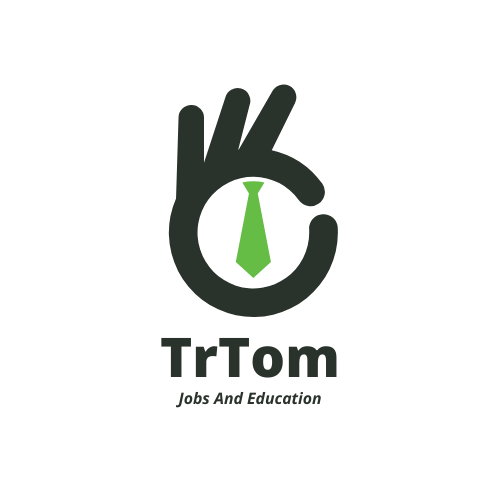Understanding German Scholarships and Grants
Germany offers various scholarships and grants for international students. Established in 1925, DAAD provides extensive funding options. These programs cover living expenses, research costs, and tuition fees.
Introduction to German scholarships and grants
Germany offers various scholarships for international students. DAAD is a major provider, supporting study, research, and teaching. Scholarships cover living costs, tuition, and research expenses.
Benefits of applying for German scholarships
German scholarships offer financial support, reducing the burden of expenses. They provide opportunities for world-class education. Additionally, recipients gain cultural experiences and networking chances in an international environment.

Researching Opportunities
Researching German scholarships and grants is crucial. Begin by identifying reputable sources. Examine the eligibility criteria. Match opportunities to academic goals. Utilize university resources and online databases effectively.
Finding the right German scholarships and grants
Students should start by exploring websites like DAAD and Study in Germany. Use university resources and scholarship databases. Align opportunities with academic goals and eligibility criteria. Evaluate multiple options.
Understanding eligibility criteria
Applicants must meet specific requirements for each scholarship. Criteria include academic excellence, relevant field of study, language proficiency, and nationality. Check each program’s guidelines carefully to ensure eligibility.
Crafting a Strong Application
A strong application highlights academic achievements, relevant experiences, and clear motivation. It’s crucial to match the scholarship’s goals. Personal statements must be sincere and well-articulated.
Key components of a successful scholarship application
A successful scholarship application includes a clear and concise resume, strong academic transcripts, well-written personal statements, and credible recommendation letters. Ensure all documents meet the specific requirements.
Tips for writing a compelling personal statement
A compelling personal statement should be clear and focused. Highlight unique experiences and strengths. Showcase passion for the chosen field. Be honest, concise, and proofread thoroughly.

Securing Strong References
A key element of any scholarship application is strong references. Select referees who know the applicant well. These referees should provide detailed, positive recommendations.
You can also read: The Ultimate Guide to Scholarships for International Students in Italy
Importance of recommendation letters in scholarship applications
Recommendation letters boost an applicant’s profile. They highlight strengths and qualities. These letters show dedication and passion. Strong recommendations can set an applicant apart from others.
Selecting and approaching suitable referees
Choose referees familiar with the applicant’s work. Ensure they can highlight relevant skills. Provide them with necessary documents. This helps them write detailed, supportive letters quickly.
Navigating the Application Process
Applicants should adhere to deadlines and monitor the application timeline. Understand each phase to avoid complications. Address potential challenges promptly to ensure a smooth process. Planning reduces stress significantly.
Overview of the application timeline and deadlines
Applicants should start early. Deadlines generally fall between September and December for most programs. This allows ample time to gather documents and prepare a strong application.
Common challenges and how to overcome them
Applicants often struggle with meeting deadlines and understanding complex requirements. To overcome this, they should create a timeline and thoroughly review guidelines. Seeking help from advisors is beneficial.
You can also read: The World Awaits: Funding Your Education with Scholarships for International Students
Post-Application Strategies
Preparing for interviews and selection processes
After submitting an application, applicants should prepare for interviews. They should research common questions and practice responses to increase confidence during the selection process.
Evaluating and comparing offers before making a decision
Applicants should evaluate scholarship offers carefully. Factors such as funding amount, program benefits, and personal goals should be considered before making a final decision.
Preparing for interviews and selection processes
Applicants should practice common interview questions. Researching the scholarship program is crucial. They should highlight their achievements and goals. Confidence and clarity are key during the selection process.
Evaluating and comparing offers before making a decision
Applicants should compare scholarship benefits, program structures, and potential career impacts. Evaluate financial coverage, location, and additional opportunities. Make an informed choice that best aligns with long-term goals.
You can also read: Elevate Your Education: Fully Funded Scholarships in Canada with Visa Opportunities for International Students

